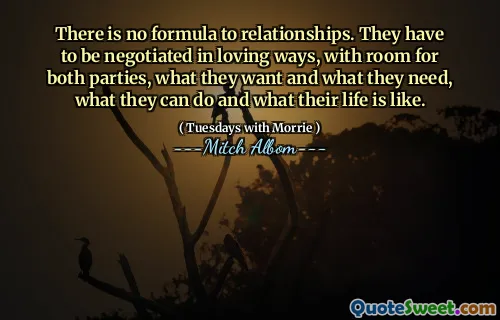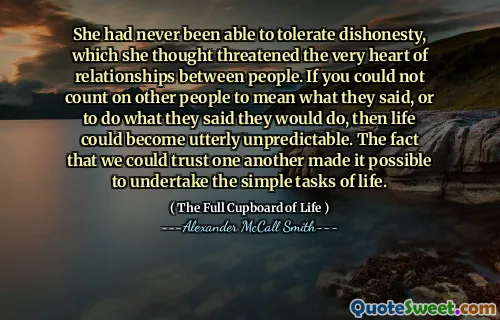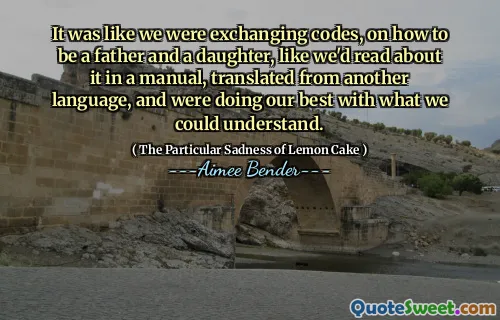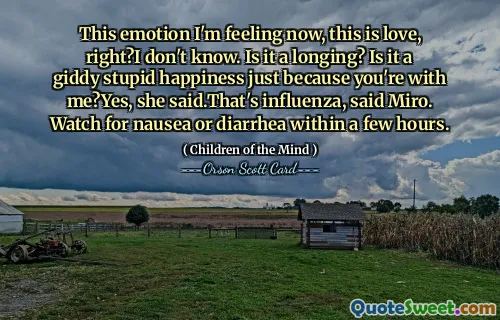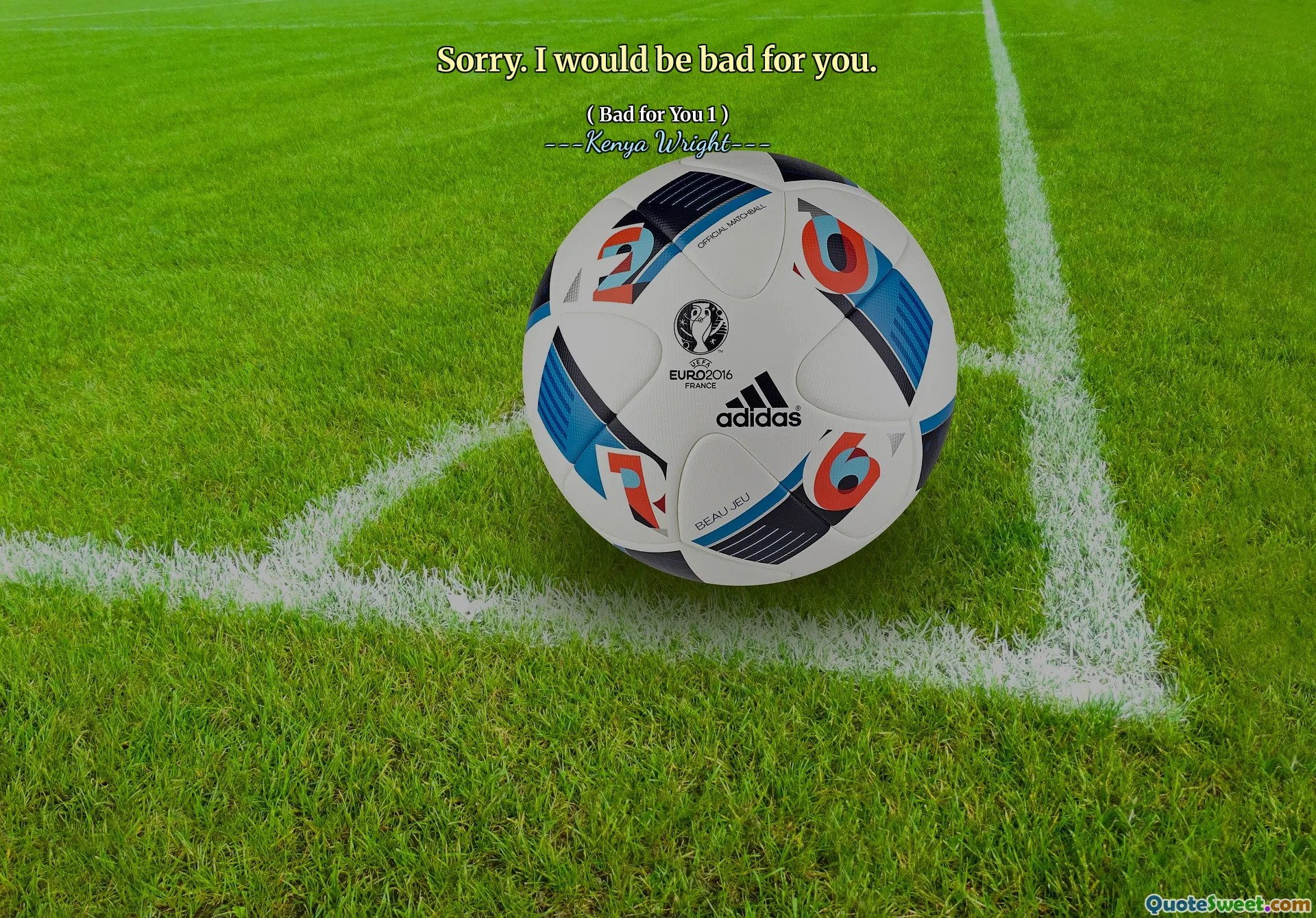
Sorry. I would be bad for you.
This quote encapsulates a profound moment of self-awareness and humility. It suggests a recognition of one's own potential flaws or inability to be the person someone else might need or desire. Such honesty can be both painful and liberating, as it might stem from a genuine concern for the other's well-being rather than self-centeredness. When someone admits they might be harmful or detrimental, it indicates a level of emotional maturity, acknowledging their limitations or destructive tendencies. This kind of honesty can preempt further pain, preventing mismatched expectations and emotional reliance. However, it also signals an internal struggle—perhaps guilt, fear, or genuine self-assessment that questions one's capacity to offer love, support, or stability. It raises questions about what makes a person 'bad' for another: is it past mistakes, current behavior, or inherent personality traits? Recognizing oneself as potentially harmful could stem from personal growth, understanding, or concern for the other person's happiness and health. Often, such sentiments come from a place of wanting to protect someone from being hurt or disappointed by one's shortcomings. While it might be tempting to feel hurt by such honesty, it can instead be appreciated as a form of integrity—someone valuing honesty over comfort. Ultimately, it reminds us of the importance of self-awareness and the courage it takes to admit limitations, especially in close relationships where vulnerabilities are most exposed. Accepting one's imperfections can open pathways toward genuine growth, improved self-understanding, and more honest connections with others.



